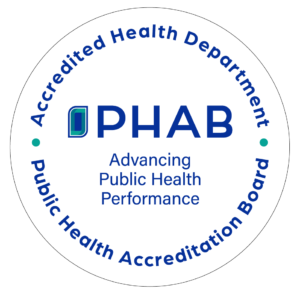Pronounced (noo-muh-KOK-uhl)
Vaccines help prevent pneumococcal disease, which is any type of illness caused by Streptococcus pneumoniae bacteria. There are two kinds of pneumococcal vaccines available in the United States:
- Pneumococcal conjugate vaccine or PCV13
- Pneumococcal polysaccharide vaccine or PPSV23
The CDC recommends pneumococcal vaccination (pneumonia vaccine) for all adults 65 years or older. Please talk with your healthcare provider about which vaccine is best for you.
Overview
Pneumonia is an infection that inflames the air sacs in one or both lungs. The air sacs may fill with fluid or pus (purulent material), causing cough with phlegm or pus, fever, chills, and difficulty breathing. A variety of organisms, including bacteria, viruses and fungi, can cause pneumonia.
Pneumonia can range in seriousness from mild to life-threatening. It is most serious for infants and young children, people older than age 65, and people with health problems or weakened immune systems.
Symptoms
The signs and symptoms of pneumonia vary from mild to severe, depending on factors such as the type of germ causing the infection, and your age and overall health. Mild signs and symptoms often are similar to those of a cold or flu, but they last longer.
Signs and symptoms of pneumonia may include:
- Chest pain when you breathe or cough
- Confusion or changes in mental awareness (in adults age 65 and older)
- Cough, which may produce phlegm
- Fatigue
- Fever, sweating and shaking chills
- Lower than normal body temperature (in adults older than age 65 and people with weak immune systems)
- Nausea, vomiting or diarrhea
- Shortness of breath
When to see a doctor
See your doctor if you have difficulty breathing, chest pain, persistent fever of 102° F (39° C) or higher or a persistent cough, especially if you’re coughing up pus.
Click here for the CDC Flyer: Pneumococcal Disease in Adults and the Vaccines to Prevent It


